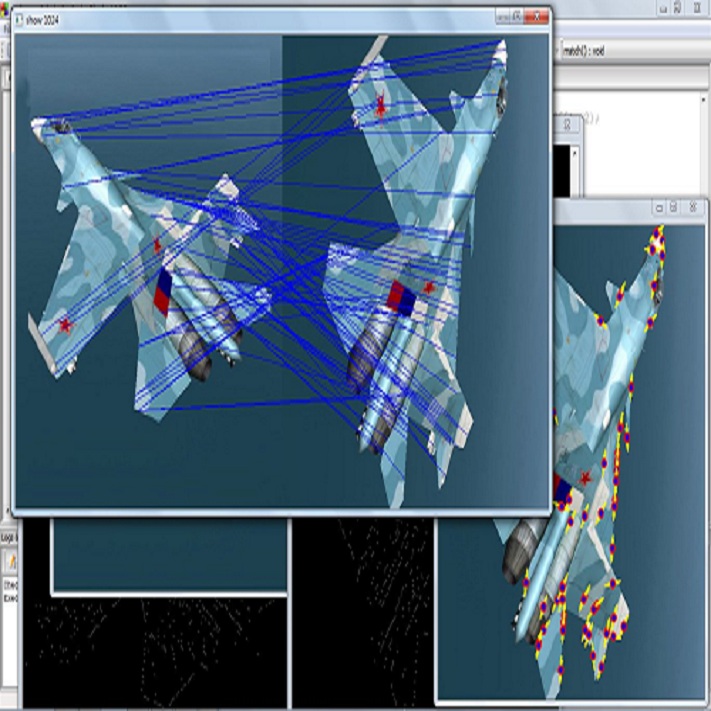We present INSPIRE, a top-performing general-purpose method for deformable image registration. INSPIRE brings distance measures which combine intensity and spatial information into an elastic B-splines-based transformation model and incorporates an inverse inconsistency penalization supporting symmetric registration performance. We introduce several theoretical and algorithmic solutions which provide high computational efficiency and thereby applicability of the proposed framework in a wide range of real scenarios. We show that INSPIRE delivers highly accurate, as well as stable and robust registration results. We evaluate the method on a 2D dataset created from retinal images, characterized by presence of networks of thin structures. Here INSPIRE exhibits excellent performance, substantially outperforming the widely used reference methods. {We also evaluate INSPIRE on the Fundus Image Registration Dataset (FIRE), which consists of 134 pairs of separately acquired retinal images. INSPIRE exhibits excellent performance on the FIRE dataset, substantially outperforming several domain-specific methods.} We also evaluate the method on four benchmark datasets of 3D magnetic resonance images of brains, for a total of 2088 pairwise registrations. A comparison with 17 other state-of-the-art methods reveals that INSPIRE provides the best overall performance. Code is available at http://github.com/MIDA-group/inspire
翻译:INSPIRE将强度和空间信息结合到弹性B-SPlines的变异模型中,并采用反向不一致性的处罚,支持对称登记绩效; 我们采用若干理论和算法解决方案,提供高计算效率,从而在广泛的现实情景中适用拟议框架; 我们显示INSPIRE提供高度准确性以及稳定和稳健的登记结果; 我们还评价由视距图像生成的2D数据集上的方法,该数据集的特点是存在薄结构网络; INSPIRE显示优异的性能,大大优于广泛使用的参考方法。 {我们还评估了Fundus图像登记数据集的INSPIRE,该数据集由134对分别获得的视距图像组成; INSPIRE在FIRE数据集上表现优异,大大优于若干特定域的方法。 我们还评估了以薄结构网络为特征的3D磁共振动脑图像四个基准数据集的方法。





